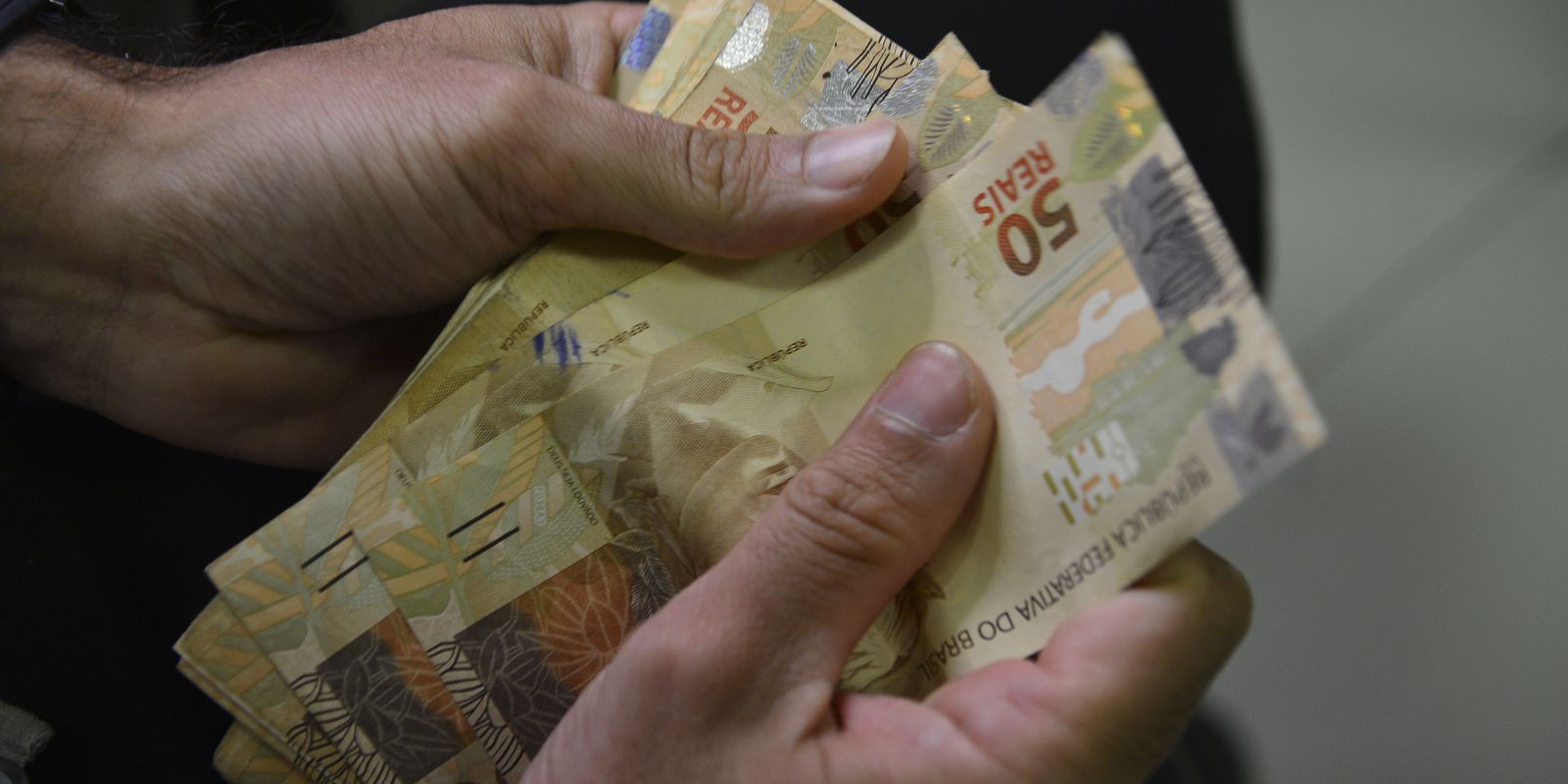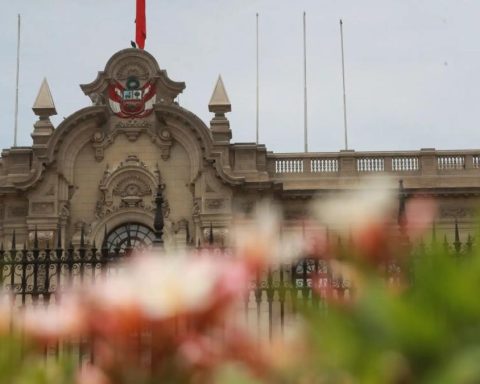The Brazilian economy is expected to grow 2.34% next year, after growing 1.5% in 2023. The estimate is contained in the 2024 Budget Guidelines Law Project (PLDO), sent this Friday (14) to the National Congress.
According to official estimates, inflation based on the Extended National Consumer Price Index (IPCA) will fall to 3.52% in 2024, 3.02% in 2025 and 3% in 2026, against 5.31% forecast for this year. The projections for the National Consumer Price Index (INPC), used to correct the minimum wage, will be in the same percentages: 3.3% in 2024, 3.14% in 2025 and 3.07% in 2026, lower than the 5.16% projected for this year.
Regarding the IPCA, the official inflation index, the projection for next year is slightly above the center of the 3.25% target defined by the National Monetary Council (CMN). As the board determines a tolerance margin of 1.5 percentage points, inflation could be between 1.75% and 4.75% next year without resulting in non-compliance with the target.
The project also foresees an average of 11.08% per year for the Selic rate (basic interest rate of the economy) in 2024, 9.44% in 2025 and 8.76% in 2026. Currently, the Selic is at 13.75% per year. The text sent to Congress forecasts an average exchange rate of R$5.25 for 2024 and 2025 and R$5.33 for 2026. The project also estimates the average price of a barrel of oil (used to estimate Union revenues from royalties) at $78.06 next year, $73.67 in 2025 and $70.22 in 2026.
The original LDO bill was sent to Congress with the spending cap still in effect. The text, however, brings permission for the 2024 Annual Budget Bill (PLOA) to provide for primary spending in excess of the spending ceiling, subject to the approval of the new fiscal framework by the National Congress.

















